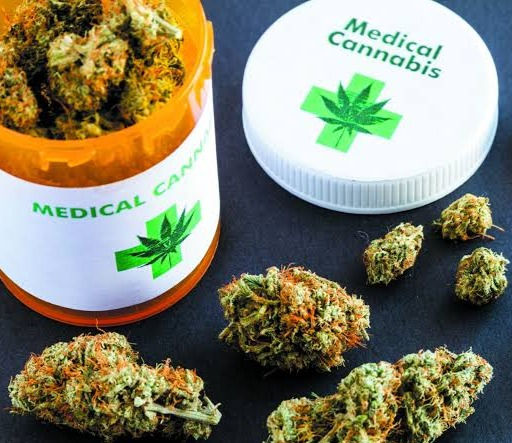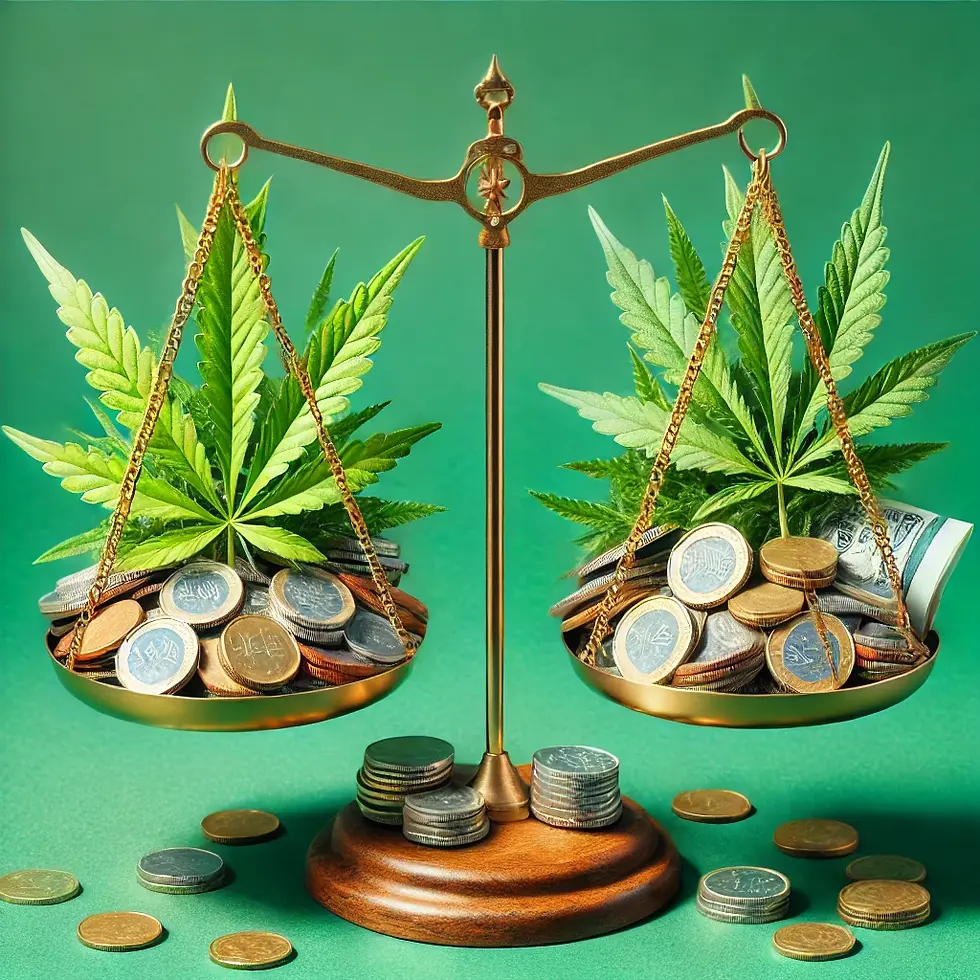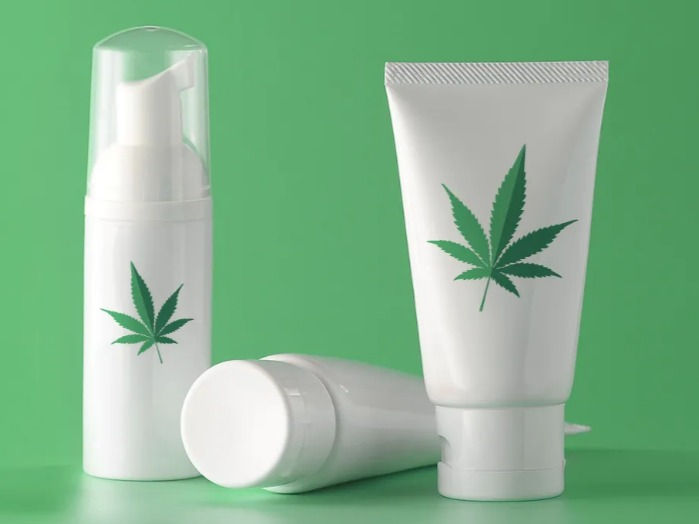Cannabis 101: Everything you need to know
- siyabonga mkhize
- May 6, 2023
- 4 min read
Updated: Feb 28, 2024

Cannabis is a plant that has been used for medicinal and recreational purposes for centuries. Also known as marijuana, weed, pot, or herb, it contains compounds called cannabinoids that can have therapeutic effects on the body. In recent years, cannabis has become increasingly popular as more countries legalize its use for medical and/or recreational purposes. If you're new to cannabis or just curious about it, here's everything you need to know.
What is cannabis?
Cannabis is a flowering plant that belongs to the Cannabaceae family. It has three primary species: Cannabis sativa, Cannabis indica, and Cannabis ruderalis. Each species has different characteristics, such as the height of the plant, the size of the leaves, and the effects of its cannabinoids. The plant contains over 100 cannabinoids, the most well-known of which are THC (tetrahydrocannabinol) and CBD (cannabidiol).
What are the effects of cannabis?
Cannabis can have different effects depending on the strain, the method of consumption, and the individual's tolerance and sensitivity to it. THC is the primary psychoactive cannabinoid that produces the "high" associated with cannabis use. It can cause feelings of euphoria, relaxation, increased appetite, altered perception, and impaired coordination and judgment. CBD, on the other hand, does not produce a high but can have various therapeutic effects, such as pain relief, anxiety reduction, and anti-inflammatory properties.
How is cannabis consumed?
Cannabis can be consumed in various forms, including:
Smoking: The dried flowers of the plant can be smoked in a joint, pipe, or bong.
Vaporizing: This involves heating the cannabis to a temperature that releases its cannabinoids without burning the plant material.
Edibles: Cannabis can be infused into food or drinks, such as brownies, gummies, or tea.
Topicals: These are cannabis-infused products that are applied to the skin for localized relief, such as creams, lotions, or balms.
Tinctures: This is a liquid extract of cannabis that is taken orally or sublingually (under the tongue).
It's important to note that different methods of consumption can have different onset times, durations, and intensities of effects. For example, smoking or vaporizing can produce faster onset but shorter duration compared to edibles, which can take longer to take effect but last longer.
What are the medical uses of cannabis?
Cannabis has been used for various medical conditions, such as:
Pain management: Cannabis can help alleviate chronic pain, such as neuropathic pain, cancer-related pain, or arthritis.
Anxiety and depression: Cannabis can have anxiolytic and antidepressant effects, although high doses or THC-dominant strains may worsen anxiety in some individuals.
Nausea and vomiting: Cannabis can reduce nausea and vomiting caused by chemotherapy or other medical treatments.
Epilepsy: CBD has been shown to reduce seizures in certain types of epilepsy.
Inflammation: Cannabis can have anti-inflammatory properties, which may be helpful for conditions such as multiple sclerosis, Crohn's disease, or rheumatoid arthritis.
It's important to note that cannabis should be used under the guidance of a healthcare professional, especially if you're using it for medical purposes. Also, the effectiveness and safety of cannabis may vary depending on the individual's condition, dosage, and method of consumption.
What are the legal and Social Issues surrounding Cannabis ?
The legal and social issues surrounding cannabis use vary depending on the jurisdiction and cultural norms. In some countries, cannabis is legal for medical and/or recreational use, while in others, it is illegal or only decriminalized.
Here are some of the key legal and social issues associated with cannabis use:
Legal issues:
Criminalization: Cannabis use and possession have been criminalized in many parts of the world, leading to arrests, fines, and imprisonment for individuals who use or possess it.
Medical cannabis laws: Some countries have legalized cannabis for medical purposes, but the laws and regulations governing its use can vary widely.
Recreational cannabis laws: Some countries have legalized cannabis for recreational use, but the laws and regulations governing its use can also vary widely.
Social issues:
Stigma: Cannabis use has been stigmatized in many cultures and societies, leading to negative stereotypes and discrimination against individuals who use it.
Impaired driving: Cannabis use can impair driving ability, which can lead to accidents and fatalities. There is ongoing debate and research about how to measure and regulate cannabis-related impairment while driving.
Youth use: Cannabis use among young people can have negative effects on brain development and academic performance, leading to concerns about the impact of legalization on youth access and use.
Workplace policies: Some employers have strict drug testing policies that can result in disciplinary action or termination for employees who use cannabis, even if it's legal in their country.
As cannabis legalization and acceptance continue to evolve, it's important to consider these legal and social issues and work towards policies that balance public health and safety with individual rights and freedoms.
In conclusion, cannabis is a plant with a complex history and a wide range of uses and effects. It contains compounds called cannabinoids that can have therapeutic effects on the body, but it can also have negative effects and risks if used improperly or excessively. The legal and social issues surrounding cannabis use vary widely and continue to evolve as more countries legalize its use for medical and/or recreational purposes. It's important for individuals to educate themselves about the risks and benefits of cannabis use and to make informed decisions about their own health and well-being.







Comments